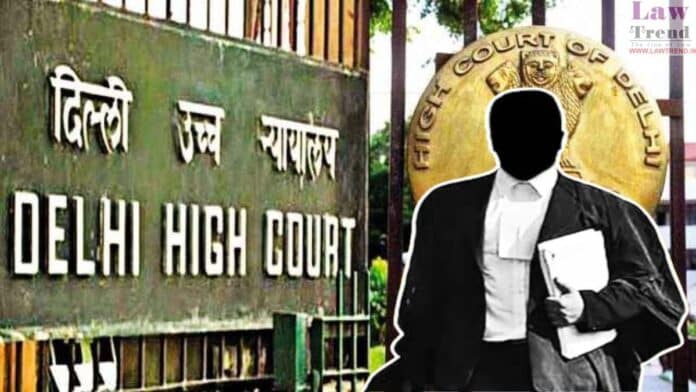The Delhi High Court, in a significant order concerning the protection of attorney-client privilege, has permitted the Goods and Services Tax (GST) department to examine a computer processing unit (CPU) seized from an advocate’s office, but only under a stringent set of conditions supervised by the Court’s own IT officials. The division bench of Justice
To Read More Please Subscribe to VIP Membership for Unlimited Access to All the Articles, Download Available Copies of Judgments/Order, Acess to Central/State Bare Acts, Advertisement Free Content, Access to More than 4000 Legal Drafts( Readymade Editable Formats of Suits, Petitions, Writs, Legal Notices, Divorce Petitions, 138 Notices, Bail Applications etc.) in Hindi and English.




